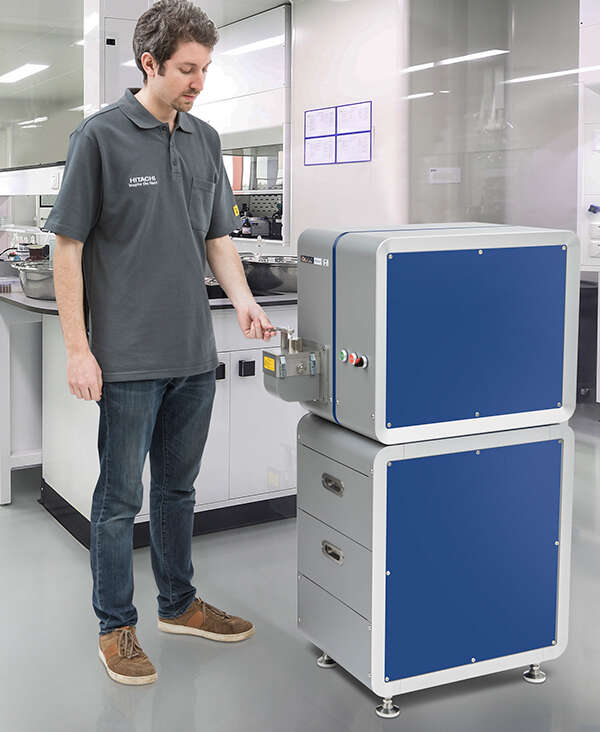The UK Chancellor Rishi Sunak delivered his budget on 3rd March. With an economy diminished by the pandemic, businesses were eager to see what measures were to be put in place to bring many of them back from the brink. It will come as no surprise that the impact of COVID-19 on UK businesses has been severe.

A Bank of England report puts sales at 15% lower than they would have been without the pandemic, and investment levels a huge 24% lower than expected in Q3 2020. Looking ahead into this year and the next, businesses generally are expecting employment and sales to bounce back to around pre-pandemic forecasted levels by 2022. Investment, however, is expected to remain 3% lower through 2022 and beyond.
Investment is one area where UK businesses have historically lagged behind other countries. According to the Government’s own figures, poor investment is a contributory factor of the growth slowdown since 2008. Clearly, the pandemic has not helped matters at all and the level of business investment fell further by 11.6% between Q3 2019 and Q3 2020.
Against this rather bleak backdrop, the chancellor has given UK businesses several new capital allowance incentives, essentially rewarding capital purchases. A major part of this is the new ‘super-deduction’ capital gains tax break. Applying to capital expenditures from 1st April 2021 up to and including 31st March 2023, you can claim 130% capital allowances for the first year on qualifying plant and machinery purchases. Or, in the Government’s own words, ‘for every pound a company invests, their taxes are cut by up to 25p’.
The super-deduction applies to plant and machinery purchases, but for the purpose of claiming capital allowances, most tangible assets within a business do fall within the plant and machinery category. Perhaps the most clear-cut condition is that the equipment must be new. The goal is to stimulate growth through investment, so new purchases are covered over repurposing equipment.
Basically, any capital purchase that ordinarily would quality for 18% writing down allowances will now be eligible for the 130% super-deduction. This can be everything from foundry equipment to solar panels to office chairs. And will almost certainly include analytical equipment.
Please contact your finance team or tax advisor to understand if the super-deduction tax break applies to your company and what you may like to invest in.
Up to 2.8 million companies could claim this tax relief within the two-year period. Right now, it remains to be seen how many UK businesses will take advantage of it.
Our analytical equipment is likely to qualify*, so if you’ve been putting off a new XRF, LIBS, OES or TA purchase due to the impact of COVID-19 on your business, then now could be the time to start gathering information on the analytical options available. We’ve been delivering high-specification analyzers to businesses for over 45 years and have OES, LIBS, XRF and TA technology to choose from.
If you’d like to get in touch with me to discuss the different analytical options available, fill in our contact form or connect with me on LinkedIn.
* Hitachi High-Tech Analytical Science doesn’t and can’t to provide tax advice to customers. Please make sure you get advice from your finance team or tax advisor to ensure you can benefit from this tax incentive.
Get in touchAbout Dr Sarah Wright
Dr Sarah Wright joined Hitachi in 2018, helping to deliver analytical solutions to the UK and Ireland, providing expertise in handheld XRF, OES and benchtop XRF product ranges. She has a MSc in Geology and PhD in Geochemistry.
You might also be interested in:
Discover more about Hitachi’s product range
On-demand product demo
Request a 1:1 live demo